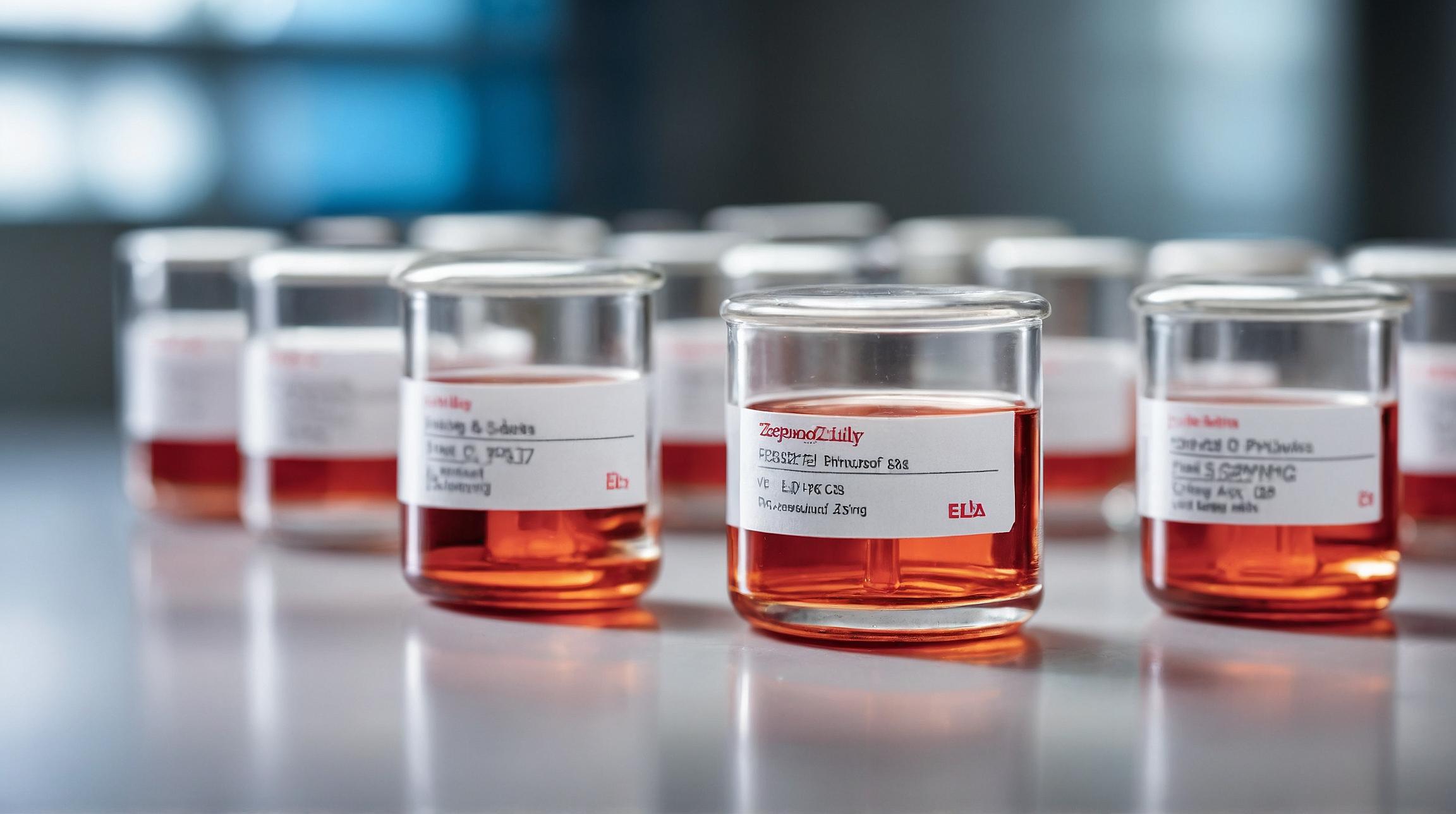Understanding Eli Lilly's New Initiative
Eli Lilly, a renowned pharmaceutical company, has introduced the smallest, single-dose vials of its popular weight-loss drug, Zepbound, priced at $399 for a month's supply. This strategic move aims to address the high demand and supply constraints in the U.S. market. Traditionally available in auto-injector pens, these new vials simplify the supply chain, enabling faster access for patients.
Competitive Pricing and Market Positioning
The newly launched vials are available in two doses: 2.5 milligrams and 5 milligrams, costing $399 and $549 respectively for a month's supply. This is competitively priced against its previous pen form, which was available for a minimum of $550. Furthermore, these prices represent a 50% discount compared to competitors like Novo Nordisk's Wegovy.
Addressing Supply Issues
Both Eli Lilly and Novo Nordisk have faced challenges in meeting the surging demand for obesity medications. However, Eli Lilly has recently increased its manufacturing capacity, unlike Novo, which struggled in the last quarter. This enhancement has allowed Lilly to raise its sales forecast by $3 billion annually, signaling a strong market position.
Impact on Market and Competition
The introduction of these vials is expected to ease the supply bottleneck associated with auto-injector pens, a sentiment echoed by Citi analyst Daniel Grosslight. Moreover, this initiative is likely to reduce the market share of compounding pharmacies, which become relevant during drug shortages.
Market Reactions and Coverage
Following the announcement, shares of Hims and Hers Health, a telehealth firm offering compounded versions of weight-loss drugs, fell by 5.2%. Meanwhile, Lilly's products are now listed as available by the U.S. Food and Drug Administration (FDA), despite still being on the FDA's shortage list.
Global Expansion and Insurance Coverage
Patrik Jonsson, Lilly's president of cardiometabolic health, highlighted that the vial launch would substantially boost Zepbound's availability in the U.S. and other countries like Australia, Canada, and Poland. He also emphasized that around 86% of commercial healthcare plans in the U.S. cover obesity drugs. However, for those not covered, such as Medicare recipients, the cost may exceed $1,000 for a month's supply.
Bottom Line
This initiative by Lilly not only promises to alleviate the existing supply chain issues but also presents a cost-effective solution for weight-loss treatment, enhancing the company's competitive edge in the pharmaceutical market.













